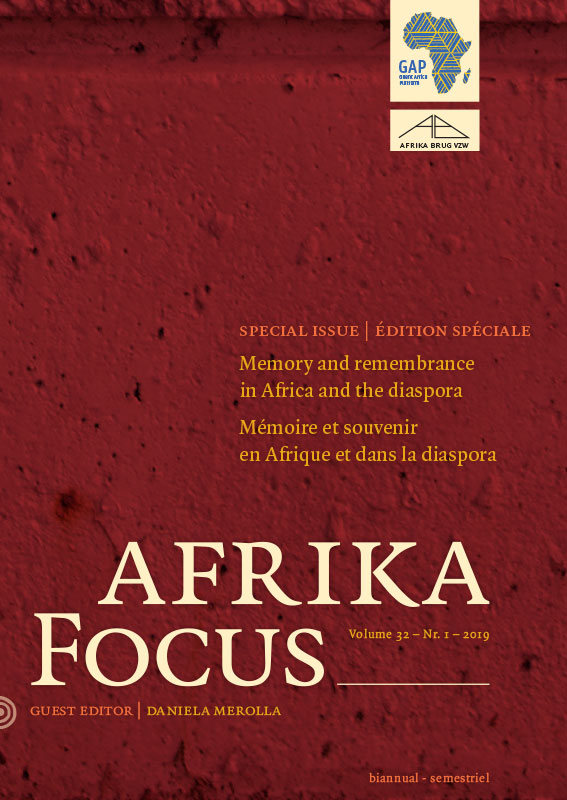'Salimu': from Memory to Literary Narrative in Twentieth-Century manding Culture
DOI:
https://doi.org/10.21825/af.v32i1.11786Abstract
This essay explores the creation of new literary narratives, many inspired by true incidents, from the late nineteenth century to the present, among Manding- (specifically Maninka-) speakers in Mali and Guinea. It simultaneously queries the relationships between Manding and Western literary categories, showing that the traits typically associated with African ‘epics’ – including poetic language, alternation of sung and recited passages to continuous instrumental accompaniment, and multi-generic qualities – characterise some (but not all) examples of several distinct Manding literary categories (fasa, tariku and maana); furthermore, these traits appear in narratives of various lengths, centred on sentimental as well as heroic themes. It then focuses on the stories and songs inspired by the apparently contradictory personality of Salimou Haidara (ca. 1930-1991), an eccentric who claimed sharifian descent. A performance by Amadou Kouyaté and Jekoriya Doumbia, a bard couple based in the village of Dabadou near Kankan (Guinea), is transcribed, translated, and analysed1. KEYWORDS: EPIC, LITERARY GENRE, GRIOTS, MANINKA, KANKAN (GUINEA), CHEIKH MOUHAMMAD CHÉRIFDownloads
Published
How to Cite
Issue
Section
License
Authors who publish with this journal agree to the following terms
Authors retain copyright and grant the journal right of first publication with the work simultaneously licensed under a Creative Commons Attribution License that allows others to share the work with an acknowledgement of the work's authorship and initial publication in this journal.
Authors are able to enter into separate, additional contractual arrangements for the non-exclusive distribution of the journal's published version of the work (e.g., post it to an institutional repository or publish it in a book), with an acknowledgement of its initial publication in this journal.
Authors are permitted and encouraged to post their work online (e.g., in institutional repositories or on their website) prior to and during the submission process, as it can lead to productive exchanges, as well as earlier and greater citation of published work (See The Effect of Open Access).


